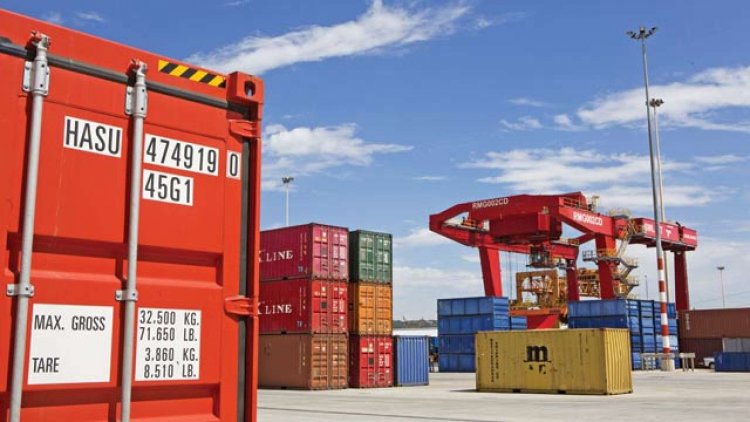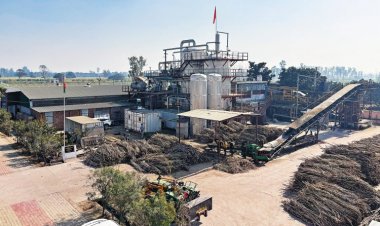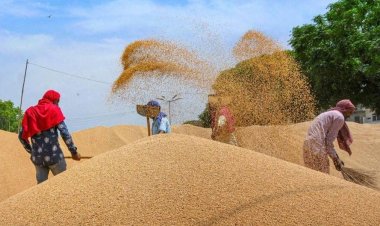IFFCO, Amul, NAFED, Kribhco, NCDC to promote national export coop society with Rs 2,000-cr share capital
A national-level cooperative organic society, cooperative seed society and cooperative export society will be registered under the MSCS Act, 2002. According to sources, the registration of the National Export Cooperative Society will be completed soon and it will be based in the national capital. The initial paid-up share capital of the society is Rs 500 crore.

IFFCO, GCMMF (Amul), Kribhco, NAFED and NCDC will jointly promote a newly announced national-level export cooperative society with an authorized share capital of Rs 2,000 crore for the trading of goods and services in the cooperative sector. Last week, the Cabinet Committee on Economic Affairs (CCEA) approved a proposal to establish three new national-level multi-state cooperative societies to promote organic products, seeds and exports.
A national-level cooperative organic society, cooperative seed society and cooperative export society will be registered under the Multi-State Cooperative Societies (MSCS) Act, 2002.
According to sources, the registration of the National Export Cooperative Society will be completed soon and it will be based in the national capital. The society will have an authorized share capital of Rs 2,000 crore. The initial paid-up share capital of the society is Rs 500 crore.
Four leading cooperatives IFFCO, KRIBHCO, NAFED, Gujrat Cooperative Milk Marketing Federation (GCMMF) — which markets its products under the Amul brand — and National Cooperative Development Corporation (NCDC) will be the promoters and contribute Rs 100 crore each. Cooperatives — from primary to national — are eligible to join the society as members.
The focus would be on exporting the surpluses available in the country in the cooperative sector, a source said, adding that the shipments would be of all kinds of products (food and non-food) in which there is surplus production. The sources said the shipments are likely to start from this fiscal itself, and it would take 2-3 years for this export society to become a big export house.
Cooperatives contribute substantially in various sectors. They contribute 28.80 per cent in fertilizer production, 35 per cent in fertilizer distribution, 30.60 per cent in sugar production and 17.50 per cent in the procurement of marketable surplus of milk in the national economy. Many of these products have a huge demand in many countries, but in the absence of an umbrella cooperative society, the export potential of cooperative products/services remains hugely untapped, they said.
This cooperative society will assess global demand and tap the export potential of cooperative products/services. There will be the provision of proper institutional support for the aggregation of exportable domestic surplus, working capital, logistics, technical know-how and training.
The objective of this new export society will be to undertake various activities such as procurement, storage, processing, marketing, branding, labelling, packaging, certification, research and development and trading of all types of goods and services produced by cooperatives. The contribution of cooperatives to India's export is minuscule, the sources said.
Higher exports through this society will increase the production of goods and services by the cooperatives at various levels, leading to more employment in the sector. There are 8.54 lakh registered cooperatives in the country, having more than 29 crore members, especially from the marginalized and lower-income groups in the rural areas.
Cooperatives have a presence in almost all sectors, for example, agriculture (food grains, pulses, oilseeds, etc.), horticulture (fruits, vegetables, flowers, aromatic products, etc.), dairy, poultry, livestock, fisheries, sugar, spices, organic products, fertilizer, handloom, handicraft, textile, tea/coffee, minor forest produce, ayurvedic/herbal medicines, processed food and leather, among others.



 Join the RuralVoice whatsapp group
Join the RuralVoice whatsapp group







































